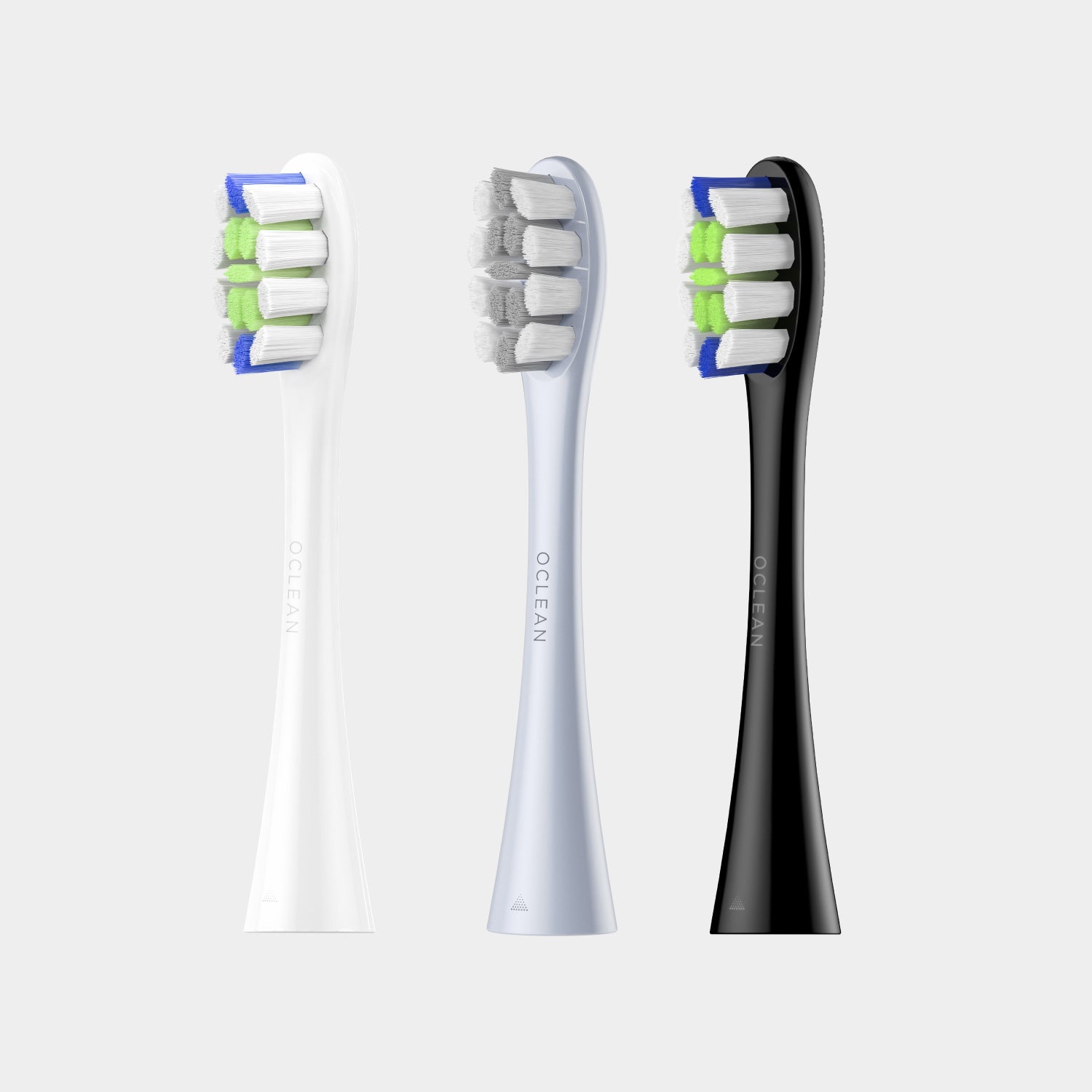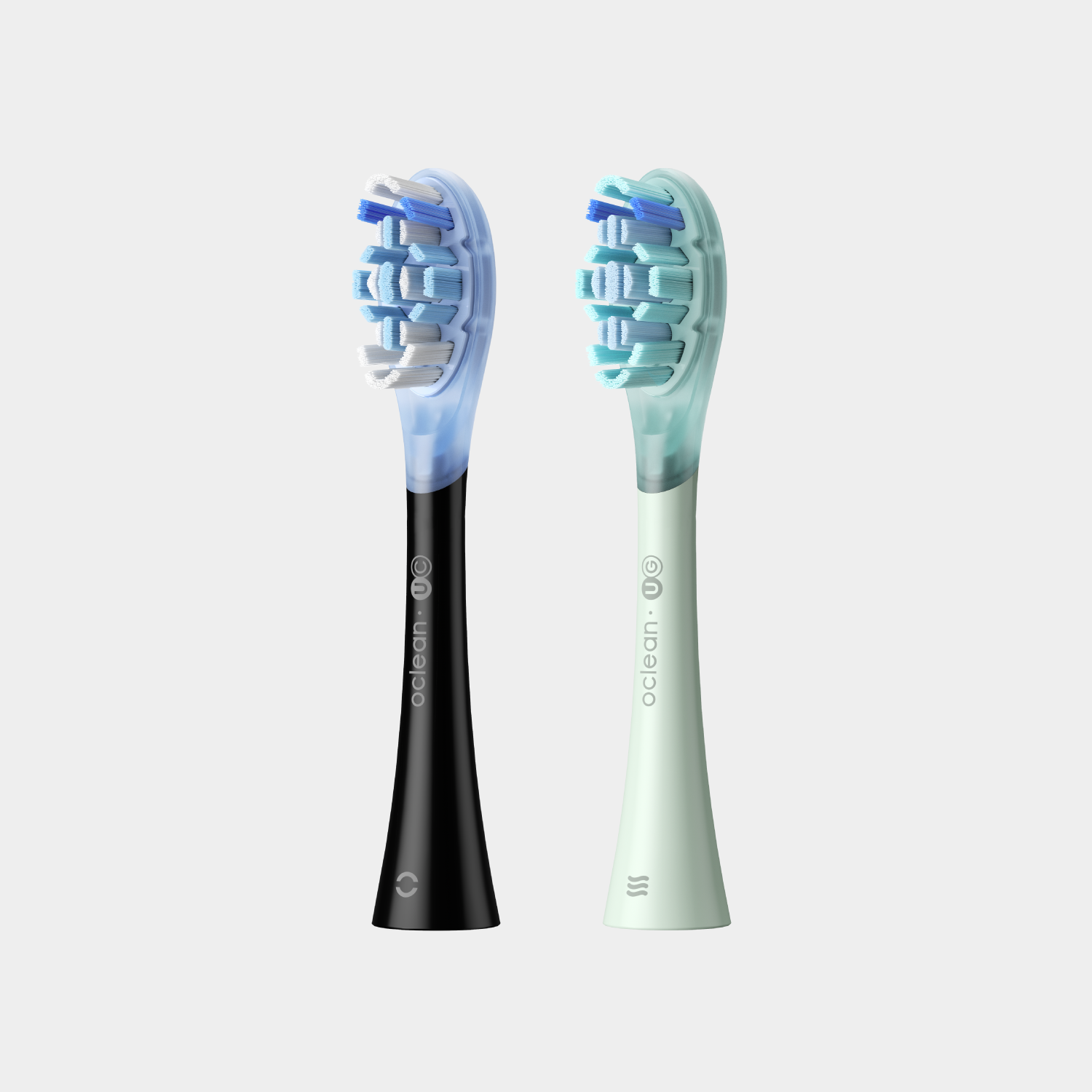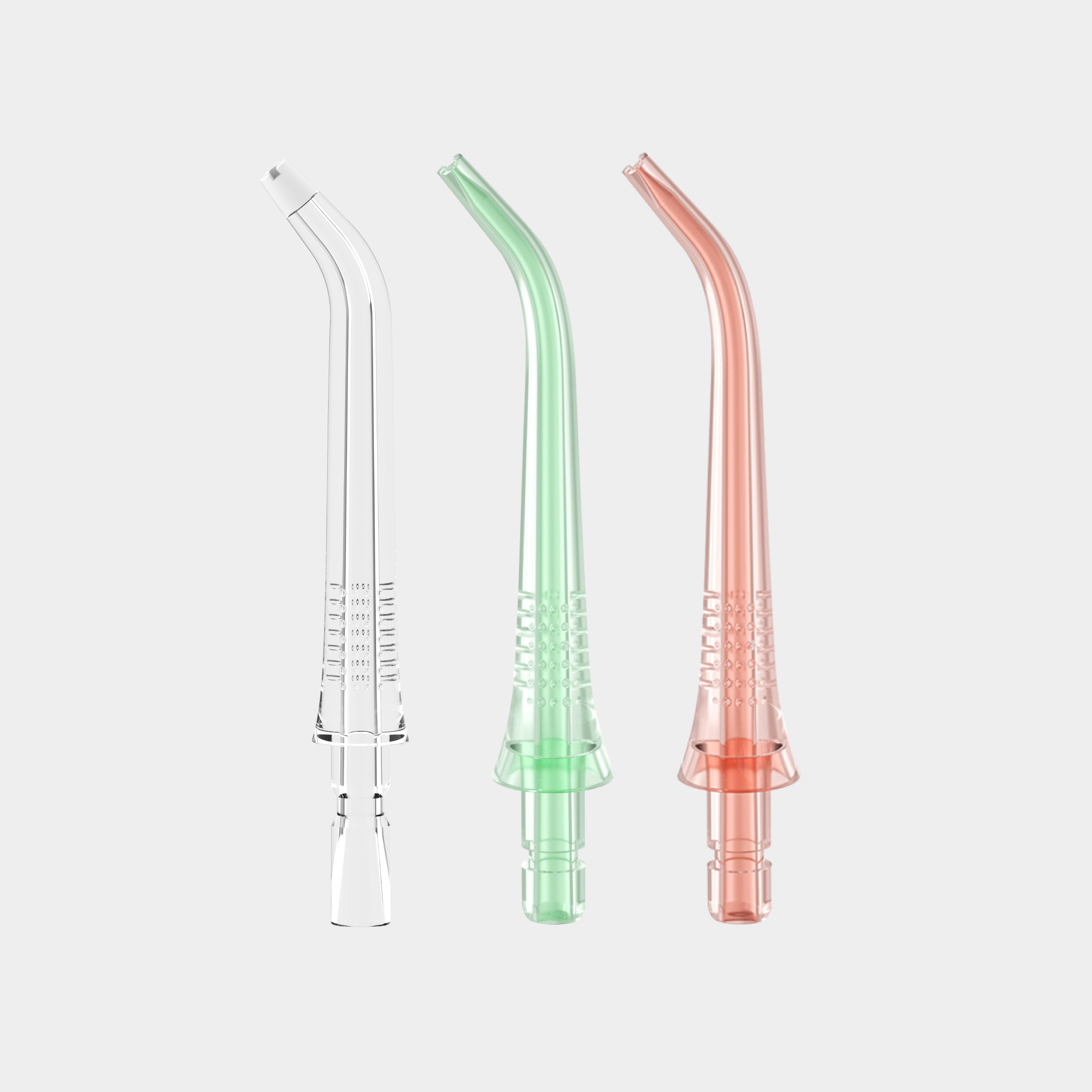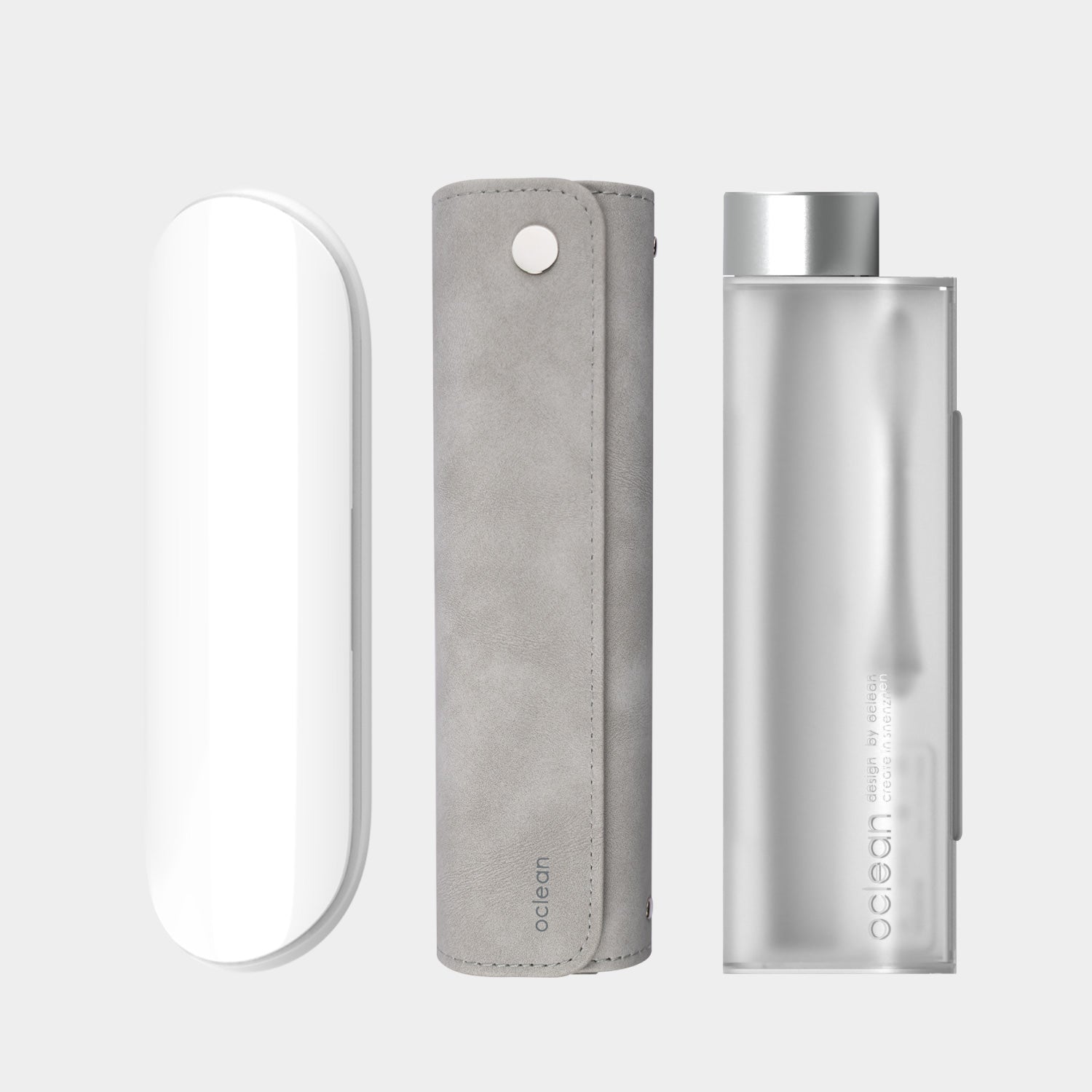Dec 17, 2021
Benefits of a Sonic Electric Toothbrush

Our teeth have such an important role to play in our lives. They help us chew and digest food, they help us to talk and speak clearly and they also give our face its shape.
A smile also has other day-to-day benefits. It can give us greater confidence, as well as influence our social lives, careers and relationships.
Because of this, it only makes sense to give our oral health the best care possible.
National Smile Month is our chance to take a look at our oral health, learn more about why a healthy smile is so important and share tips on how to improve and maintain it.
Good oral health can have so many wonderful life-changing benefits.
A healthy smile can truly transform our visual appearance, the positivity of our mind-set, as well as improving the health of not only our mouth but our body too.
But what exactly are the health benefits of having good oral health?
Keeping our teeth for life
By brushing our teeth twice daily, maintaining a low-in-sugar diet and regularly visits to our dental professional, we can help reduce the risk of such diseases like dental decay and gum disease – both of which can result in tooth loss.
Research has found that the number of teeth we have is a strongly linked to how long we will live. Those with 20 teeth or more at the age of 70 had a considerably higher chance of living longer than those with less than 20 teeth.

Tooth loss through dental decay and gum disease are almost entirely preventable and there’s no reason why, with a good daily oral health routine, we cannot keep our teeth for life.
Reducing the risk of disease
When we have gum disease, the bacteria from our mouth can get into the bloodstream. It then produces a protein which causes the blood to thicken. This means that clots are more likely to form, and the heart is not getting the nutrients and oxygen it needs, resulting in increased risk of a heart attack.
Similarly, gum disease can also cause inflammation of the blood vessels, blocking the blood supply to the brain, leading to a potential stroke.
New research has also shown that we are more likely to develop diabetes if we have gum disease.
Reducing the risk of cancer and dementia
By keeping our teeth and gums healthy we are more likely to reduce our risk of certain cancers, particularly in women, as well as some forms of dementia.
New research, which examined data from 65,000 post-menopausal women between the ages of 54 and 86, found those with a history of gum disease were 14% more likely to develop cancer. Of these, one in three developed breast cancer while there was also a highly-increased risk of lung cancer, oesophageal, gall bladder and skin cancers.
Those who have healthy gums are also 70 percent less likely to develop Alzheimer's disease than those who have suffered from gum disease over a long period of time.
Having a healthy baby
Pregnant women with healthy gums may be around three times less likely to have a baby that is premature, reducing the risk of having a low birth weight. Research says there is a one-in-four chance that a pregnant woman with gum disease could give birth before 35 weeks. This is because gum disease raises the levels of the chemicals that bring on labour.
Maintaining our appearance
Keeping our teeth clean and healthy can help us steer clear of bad breath (halitosis). Bad breath is very common and is often caused by a buildup of plaque and is a symptom of gum disease and tooth decay, as well as being embarrassing and undesirable.
Another very common condition that can affect our appearance is tooth staining. Tooth staining is natural and comes with the ‘wear and tear’ usually associated with smoking, or drinking lots of tea, coffee or red wine.
Stained teeth are not usually harmful and tends to have little impact on the health of our teeth. Although having stained teeth can make us feel a little self-conscious.
In most cases we should be able to prevent surface staining with regular cleaning, while more stubborn stains may need to be tackled by a dental professional.
Related Readings:
Can You Bring an Electric Toothbrush on a Plane
How Many Calories Are in Toothpaste
What Happens if You Swallow Toothpaste
Sonic Toothbrush vs Rotating(Oscillating) Toothbrush













































































